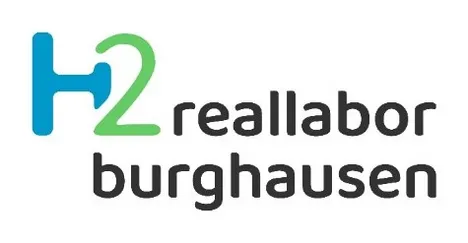Ongoing Projects in PEM-Water Electrolysis Research
PEM water electrolysis permits the sustainable production of hydrogen from renewable energies. An important requirement to enable a large-scale application of this technology is to reduce the amount of the scarce and noble metal Iridium. To address this challenge, the Chair of Technical Electrochemistry (TEC) at TUM has worked together with various project partners from industry and academia within the Kopernikus Power-to-X (P2X) project. This research continues in the Iridios project, now focusing on the upscaling, industrialization and durability of the previously developed solutions.
Besides characterization and optimization of membrane electrode assemblies (MEAs) and (micro)porous transport layers (PTLs) in single cell electrolyzers, TEC also works on durability tests on stack level in close cooperation with the Bayerisches Zentrum für Angewandte Energieforschung (ZAE).
Project framework: H2Giga flagship project
Funding: Federal Ministry of Education and Research (BMBF)
Duration: 2023 – 2025
Partners:
- Ludwig-Maximilians-Universität München
- Heraeus Deutschland
- Greenerity
- Bayerisches Zentrum für Angewandte Energieforschung
- H-TEC Systems
Website:
https://www.wasserstoff-leitprojekte.de/projects/h2giga
Contact:

Laboratory investigations into the further development of PEM electrolysers
PEM electrolysers are considered to be particularly suitable for dynamic operation. However, comprehensive characterisation in dynamic operation is still outstanding. Furthermore, the use of very thin membranes offers great potential for increasing efficiency, but increases the amount of gas crossover, which has not yet been quantitatively determined. To address this challenge, the Chair of Technical Electrochemistry (TEC) at TUM is working together with various project partners from industry and academia within the H2-Reallabor Burghausen project. The research focus is on the gas permeation through the electrolysis membrane and the efficiency of the electrolyzer cell in dynamic operation.
Project framework: Reallabor Burghausen – ChemDelta Bavaria GmbH
Funding: Federal Ministry of Education and Research (BMBF)
Duration: 2023 – 2027
Partners:
- 11 Chairs at the Technical University of Munich
- 4 Academic Partners
- 14 Industry Partners
Website:
https://www.reallabor-burghausen.de/h2-reallabor/
Contact: